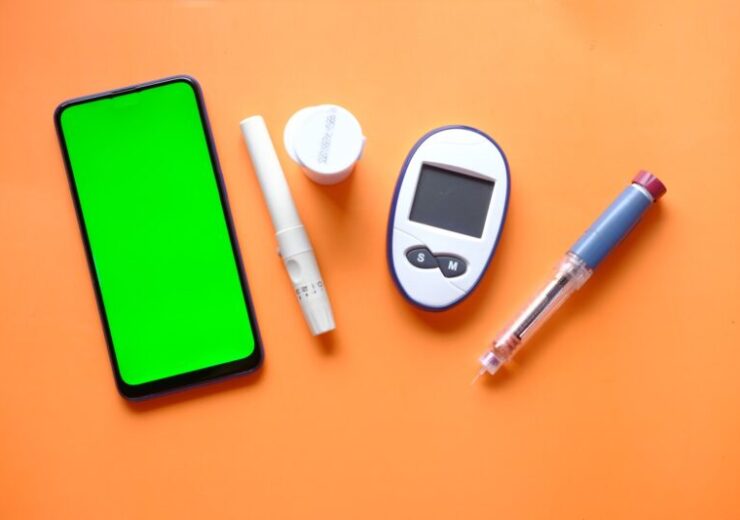The new study showed that continued algorithm refinement and superior data have improved the accuracy of the technology and resulted in an overall mean absolute relative difference of 11.3%

Know Labs publishes new data on its Bio-RFID sensor technology. (Credit: Towfiqu barbhuiya on Unsplash)
American medical device company Know Labs has announced that its proprietary Bio- Radio Frequency Identification (RFID) sensor technology has shown improved accuracy in a study.
The Bio-RFID technology leverages spectroscopy for directing electromagnetic energy via a substance or material to capture a molecular signature. It can be incorporated into wearable, mobile, or bench-top form factors.
The new study demonstrated that continued algorithm refinement and superior data have boosted the accuracy of the technology. This resulted in an overall mean absolute relative difference (MARD) of 11.3%.
Using the Dexcom G6 continuous glucose monitor (CGM) as a reference device, the study evaluated the Bio-RFID sensor’s capacity to constantly and non-invasively quantify blood glucose. The study completed data collection in May of this year.
In the trial, Know Labs used advanced data preprocessing methods to train a Light Gradient-Boosting Machine (lightGBM) model.
The method was intended to forecast blood glucose levels using 3,311 observations or reference device values, from more than 330 hours of data gathered from 13 healthy subjects, the medical device firm said.
Additionally, the firm published data in May that showed that data from five participants using 1,555 observations from 130 hours of data gathering and the initial implementation of the lightGBM ML model generated a MARD of 12.9%.
Last month, Know Labs announced the completion of the construction of its Gen 1 prototype, which integrates the Bio-RFID sensor into a portable device.
The medical device firm has been using the sensor for the past two years to conduct clinical research in a lab setting and has published results of its proven stability.
Furthermore, the Gen 1 device is undertaking testing to optimise the sensor design for data collecting, including considering new environmental and human parameters.
Know Labs is anticipating that the device will produce a vast amount of data observations to test algorithm performance in a variety of real-world circumstances where the company’s glucose monitoring device can be used.
